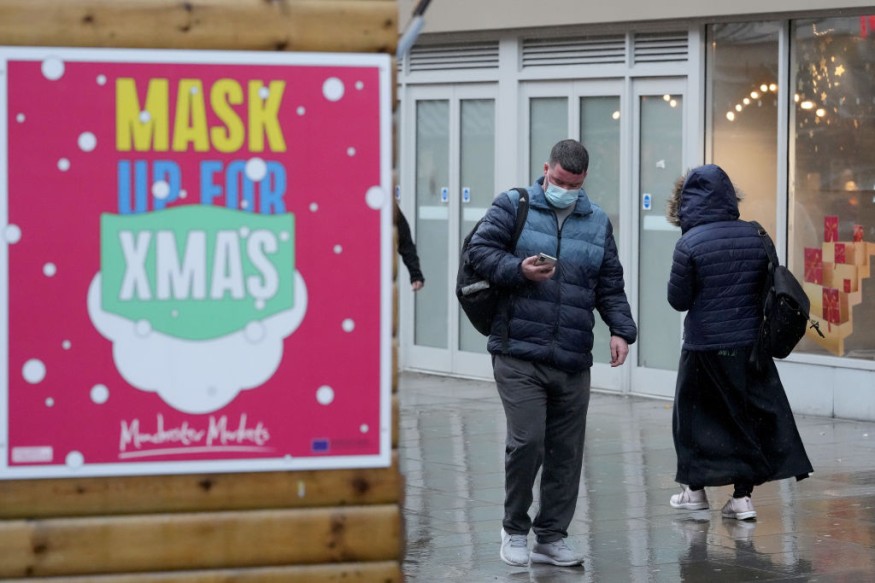
As shown by initial information from a South African trial that is currently undergoing critical analysis, the Omicron version significantly lowered immunogenicity created by the Pfizer-BioNTech COVID-19 vaccination.
These are just the first experimental data showing how well COVID-19 vaccination performs in the presence of Omicron.
A study by experts leads by Alex Sigal of the Africa Health Research Organization compared 14 biological specimens from 12 persons against with a live specimen of the Omicron type. Overall, the 12 persons had been immunized, and six had formerly been afflicted.
"Prior infections, accompanied by immunization or booster, is helpful to enhance the demineralization concentration and probably give resistance from life threatening illness in Omicron infectious disease," the investigators said.
Omicron Variant Continue To Be A Threat
Sigal spoke on Tuesday in an interactive platform of his findings and stated that, "A decent supplement will certainly minimize your likelihood of contamination, notably extreme infectious disease contributing to much more serious infection."
Former lab experiments revealed that the Delta version resulted in a 2 to 3 fold decrease in resistance when matched to the initial infection, while the Beta mutant resulted in a 7 to 8 fold decrease.
When opposed to the earlier strain of the disease, the researchers showed an approximately 40-fold drop in the quantities of specific antibodies, the virus-fighting enzymes that holds a significant part in human antibody.
"If we reach a 10-fold decline in Omicron neutralization, I believe we are into the yellow to red domain, wherein human resistance is likely weakened and there is little opportunity following the booster before fading," Dolsten stated in an appearance on November 29.
The South African research only looked at clinical specimens from those who had undergone two doses of Pfizer's vaccination, not those who had gotten a supplementary injection.
However, the significant decrease in immunoglobulin expresses concern about how long vaccination immunity towards Omicron will last, specifically, when booster injections will be enough to keep illness at bay or if new vaccines will be necessary in the future.
"We are witnessing emerging outbreaks of individuals who have now been immunized, but the illnesses are really reasonably low," remarked by the CEO of Netcare and South Africa's largest private medical provider, Richard Friedland.
Available Vaccines Still Protects From Severe Effect of COVID Strains
Omicron did not exactly dodge vaccination safety, according to Sigal's tweet, implying that getting vaccinated against all this different variety is still beneficial.
Pfizer Chief Scientific Officer Mikael Dolsten initially told Insider that a 10-fold decrease in antibody responses would worry him.
Immediately following Sigal presented his league's observations, a further team of scientists from Sweden's Karolinska Institutet revealed their independent conclusions, which indicated a significant but less severe reduction in antibody response.
"Those who has not had a supplementary injection should get one, whereas those who have been affected in the past should be immunized."
Additional variations also have demonstrated the capacity to substantially bypass the vaccine's efficacy.
Notwithstanding considerable reductions in antibody response, doctors and scientists are cautiously hopeful that the immunizations might still actually mitigate catastrophic disease.
They discovered that the influence of Omicron differed widely between specimens, and they employed a lab-created variant of Omicron rather than the live virus. Five of the six plasma samples from patients who had both been immunized and formerly afflicted exhibited rather extremely high levels of Omicron neutralization antibody.
© 2026 NatureWorldNews.com All rights reserved. Do not reproduce without permission.





